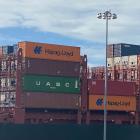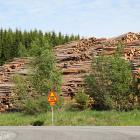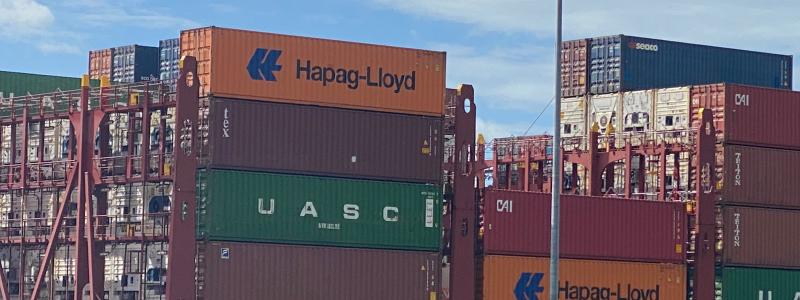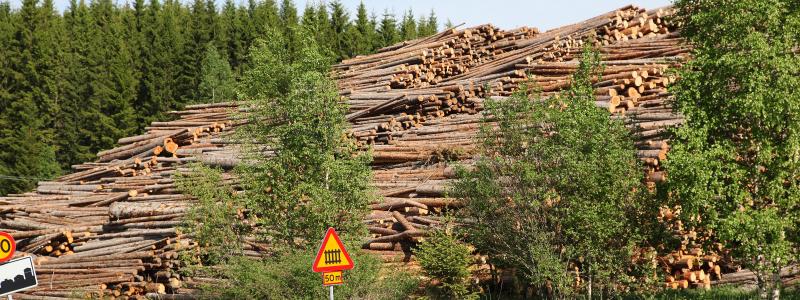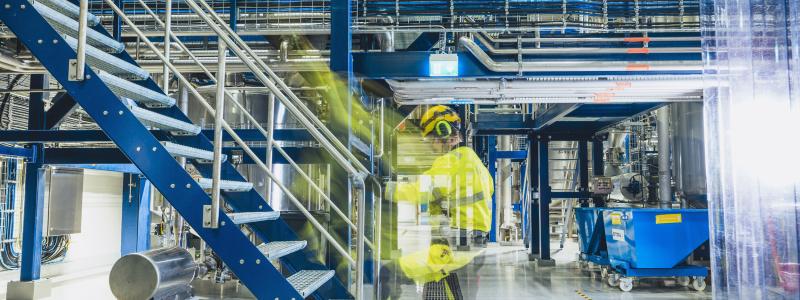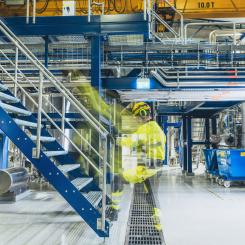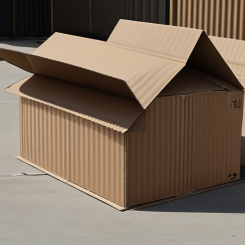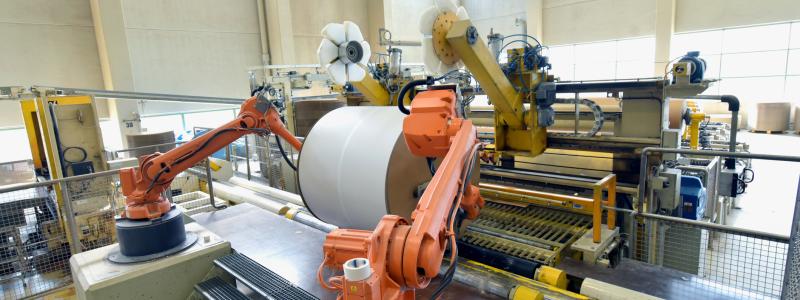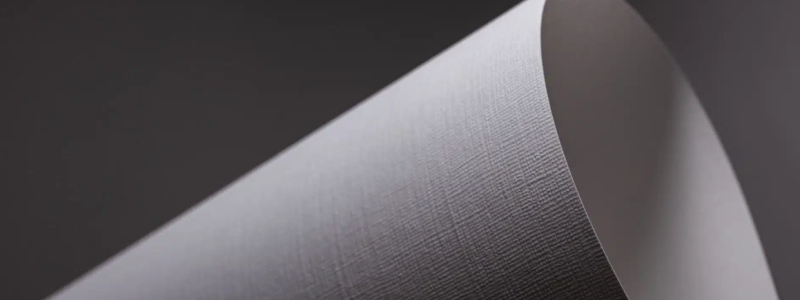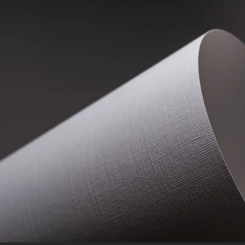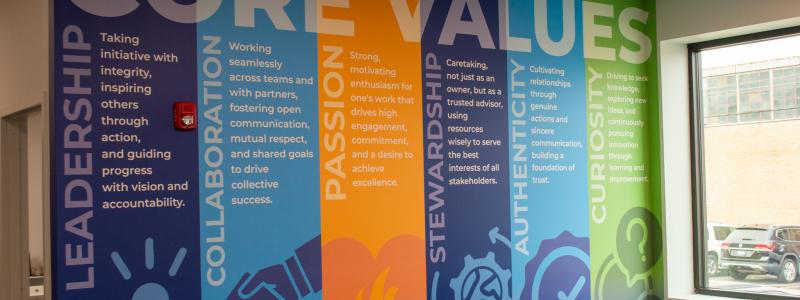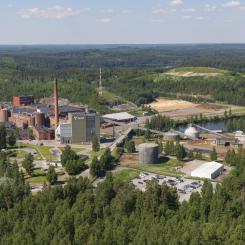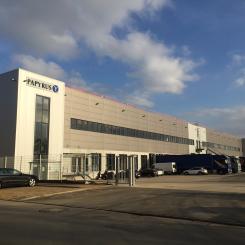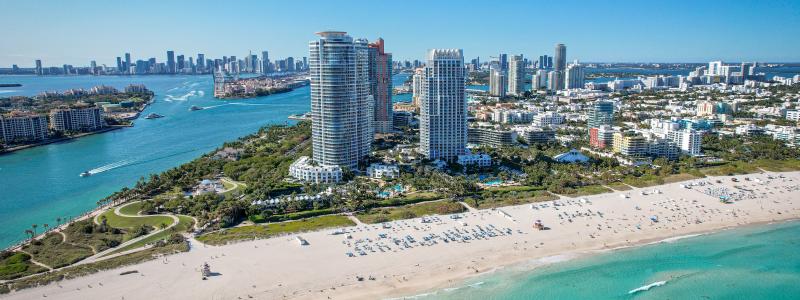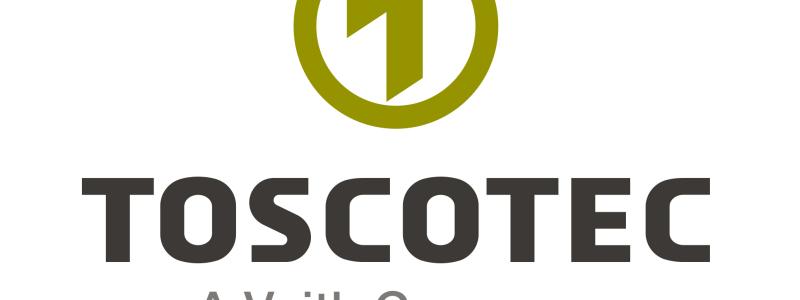Ilkka Hämälä, Managing Director of Metsä Group in Finland, said in his speech at PulPaper's conference in Helsinki on May 30, how the new bioproduction plant in Äänekoski integrates the traditional cellulose industry and the production of new bioproducts.
Ilkka Hämälä, who just joined the Board, explained that the Metsä Group's operations are based largely on sustainability.
"We produce 16 percent of Finland's renewable energy production in Äänekoski biotechnology factory. The surplus is utilized by almost 100 percent, stressed Hämälä.
According to him, more than 90 percent of the factory's surplus is used as raw material or in energy production.
Hämälä also emphasized that Metsä Group's pride, Äänekoski's bioproduct plant will maintain its sustainability regarding the use of forest products.
- Finland's forestry resources continue to grow despite growing use of wood. We always know where the wood comes from. We create new forest instead of the wooded forest. That is why we are talking about restoration.
Good forest management also helps maintain the forest well and well. In its production, Metsä Group uses domestic wood and seedlings.
"We take care of natural values and actively develop the natural forest management of commercial forests," promised Hämälä.
Bioproduct plant will increase exports, Hämälä believes. The forest industry is Finland's largest export sector. Demand for cardboard and fiber is growing in all markets. The most important markets for mass are Europe and Asia. Demand for mass is growing especially strongly in China, Hämälä said.
In other words, the Metsä Group's export engine is strengthened by Äänekoski's bioproduct plant, which is the largest investment in the forest industry in Europe.
The value of the investment is 1.2 billion euros. Annual mass production today is 1.3 million tonnes. The plant also manufactures new bioproducts such as biofuels, textile fibers, and biocomposites.
- A unique bioeconomic ecosystem is being developed in the Äänekoski industrial area. The start-up phase has also gone better than expected, says Hämälä.
- Cooperation in industrial ecosystems and cross-sectoral networks will increase competitiveness and innovation, Hämälä believes.
- Together with the old business models, there are new ones that are natural to develop in the existing large-scale industry, stressed Hämälä.
- Renewable materials, such as wood products, generate really prosperous prospects. The construction of trees also plays an important role in mitigating climate change, Hämälä said.
According to Hämälä, new products complement existing product range. These include, for example, renewable energy and biochemicals. Combining wood fiber with other materials is also a promising future business.
Äänekoski's biotechnology plant increased its use of fiber wood in Finland by approximately 4.5 million cubic meters during the first quarter of the year.
"Our goal is to buy additional wood products from the biotechnology plant, especially from Metsä Group's shareholder," Hämälä told.
The wood used by the bioproduct factory is purchased from Finland. Most of them come from a radius of 100-150 kilometers, but the effect is reflected throughout the country.
Ilkka Hämälä referred to an important key figure. About 700,000 Finns own a forest.
The value of private forestry is about 40 billion euros. Private forests annually produce 1.5 billion euros for forest owners.
"Better forest management means that growth of Finnish forests can be accelerated further," Hämälä said.
- Forest owners are usually urbanized, education levels rise and electronic services fall the threshold for managing their own forest property.
However, CEO Ilkka Hämälä was not prepared to report specifically about the Group's future plans, for example, about any second generation bioproduct facilities or technology.
"Our planning covers the next two years, but of course we expect significant changes in the period between 2020 and 2050 even within our company," Hämälä said with a smile that can be said in many different ways. Just like Mona Lisa in Leonardo da Vinci's famous painting.
Markku Björkman

